
The Scenic Greenbrier River Trail: A Nature Lover's Paradise
The Greenbrier River Trail in West Virginia is a must-visit for nature enthusiasts and adventure seekers alike. Spanning 78 miles, this former railroad turned rail-trail offers a picturesque journey through the heart of the Appalachian Mountains. The trail follows the meandering Greenbrier River, providing stunning views of the water, lush forests, and the occasional wildlife sighting. The trail is open year-round and is ideal for activities such as hiking, biking, and horseback riding. Each season brings its own unique charm, from the vibrant fall foliage to the blooming wildflowers in spring. With numerous access points, the trail is easily customizable for short day trips or extended multi-day excursions. The small towns along the trail offer quaint lodging and dining options, making it a perfect blend of adventure and comfort. For those seeking a bit of history, the trail features several historical markers and remnants of the old railroad. The Cass Scenic Railroad State Park, located near the trail, offers an opportunity to ride a historic steam train and learn about the region's rich railroading past. Whether you are a seasoned outdoor enthusiast or a family looking for a scenic getaway, the Greenbrier River Trail promises an unforgettable experience.
Local tips in Greenbrier River Trail
- Bring plenty of water and snacks as amenities can be sparse along the trail.
- Check the weather forecast before your trip, as the trail can be affected by seasonal conditions.
- Consider renting a bike if you want to cover more ground quickly.
- Explore the small towns along the trail for unique lodging and dining experiences.
- Visit in the fall for breathtaking views of the autumn foliage.
The Scenic Greenbrier River Trail: A Nature Lover's Paradise
The Greenbrier River Trail in West Virginia is a must-visit for nature enthusiasts and adventure seekers alike. Spanning 78 miles, this former railroad turned rail-trail offers a picturesque journey through the heart of the Appalachian Mountains. The trail follows the meandering Greenbrier River, providing stunning views of the water, lush forests, and the occasional wildlife sighting. The trail is open year-round and is ideal for activities such as hiking, biking, and horseback riding. Each season brings its own unique charm, from the vibrant fall foliage to the blooming wildflowers in spring. With numerous access points, the trail is easily customizable for short day trips or extended multi-day excursions. The small towns along the trail offer quaint lodging and dining options, making it a perfect blend of adventure and comfort. For those seeking a bit of history, the trail features several historical markers and remnants of the old railroad. The Cass Scenic Railroad State Park, located near the trail, offers an opportunity to ride a historic steam train and learn about the region's rich railroading past. Whether you are a seasoned outdoor enthusiast or a family looking for a scenic getaway, the Greenbrier River Trail promises an unforgettable experience.
When is the best time to go to Greenbrier River Trail?
Iconic landmarks you can’t miss
Greenbrier State Forest
Explore Greenbrier State Forest: A Nature Lover's Paradise in West Virginia with Trails, Wildlife, and Scenic Beauty.
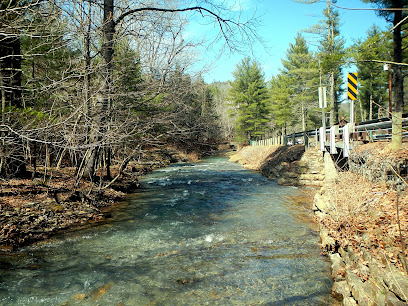
Start Of Greenbrier River Trail
Explore the Greenbrier River Trail, a serene 77-mile park in West Virginia perfect for hiking, biking, and enjoying nature's beauty.
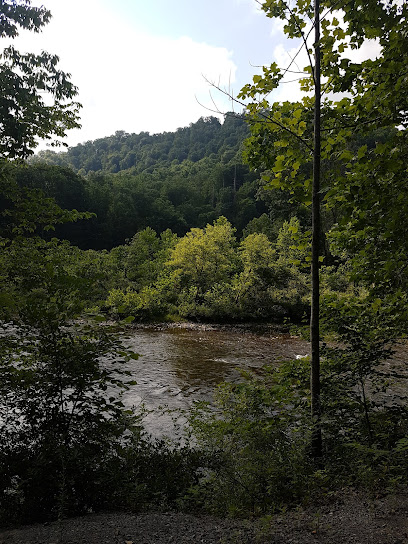
End of Greenbrier River Trail
Discover the breathtaking beauty of the End of Greenbrier River Trail in Cass, West Virginia – a perfect haven for hiking and nature enthusiasts.
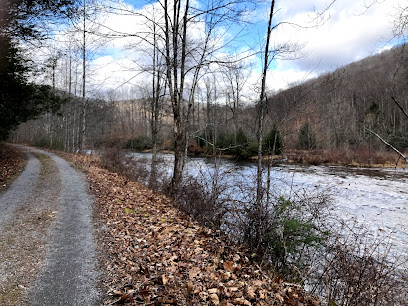
Droop Mountain Tunnel
Discover the historic Droop Mountain Tunnel in West Virginia, a stunning landmark along the Greenbrier River Trail showcasing breathtaking views and rich history.
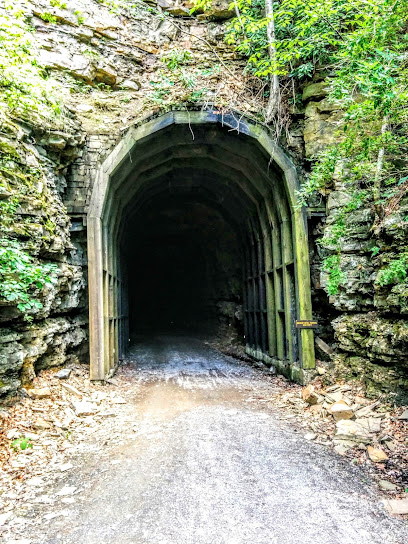
Sharps Tunnel and Bridge
Explore the historical significance of Sharps Tunnel and Bridge, a stunning landmark on the Greenbrier River Trail in Marlinton, West Virginia.
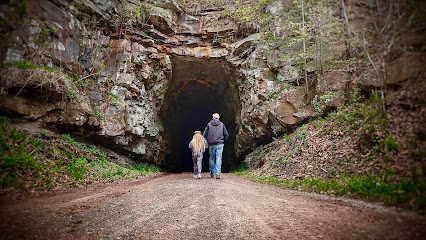
Greenbrier River Trail in Beard
Discover the breathtaking beauty of the Greenbrier River Trail, a nature lover's paradise in West Virginia, perfect for hiking and biking.
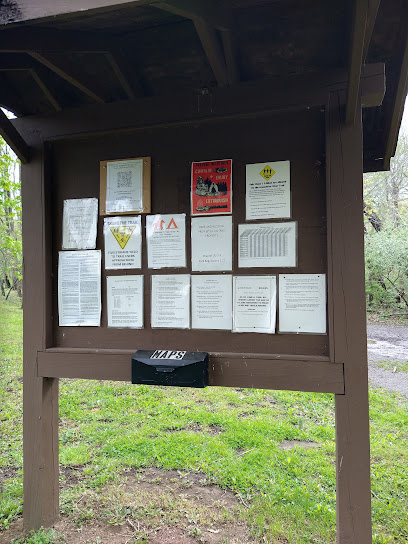
Unmissable attractions to see
The Greenbrier
Discover luxury and history at The Greenbrier, an iconic resort in West Virginia with fine dining, a casino, and breathtaking natural beauty.

Lost World Caverns
Discover the enchanting Lost World Caverns in Lewisburg, West Virginia, a stunning natural wonder filled with breathtaking formations and rich history.
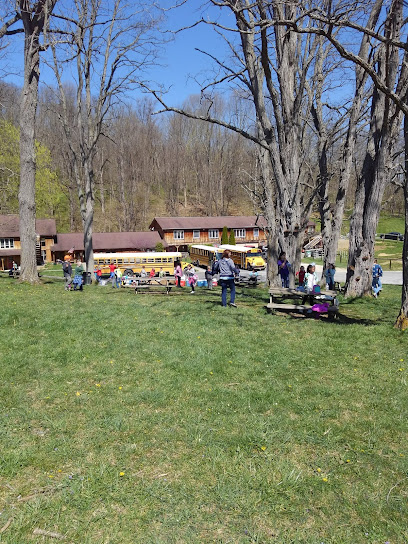
Green Bank Observatory
Discover the wonders of the universe at the Green Bank Observatory, where science meets stunning natural beauty in West Virginia.
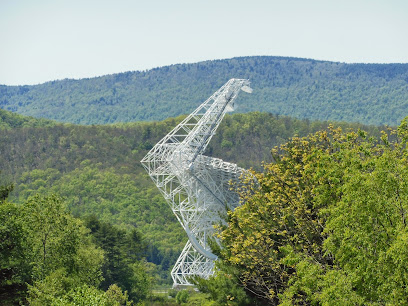
Cranberry Mountain Nature Center
Explore the Cranberry Mountain Nature Center: Your gateway to West Virginia's natural wonders and educational exhibits amidst stunning mountain scenery.
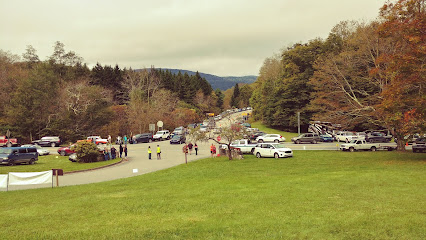
Falls of Hills Creek
Discover the breathtaking beauty of Falls of Hills Creek, a serene park featuring majestic waterfalls and scenic hiking trails in West Virginia.
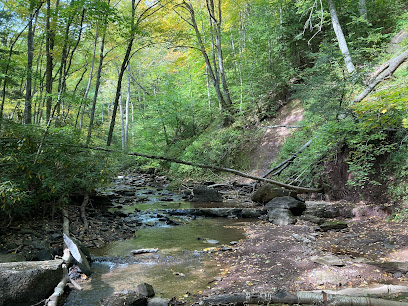
Bald Knob Observation Deck
Experience breathtaking views and serene nature at Bald Knob Observation Deck in West Virginia, a must-visit for all nature enthusiasts and photographers.
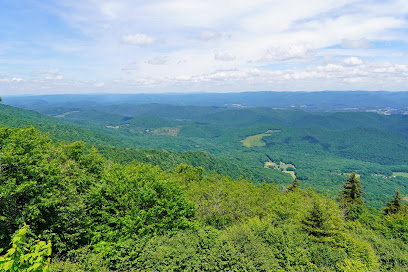
Greenbrier State Forest
Experience the serene landscapes and outdoor adventures at Greenbrier State Forest, a hidden gem in West Virginia's natural beauty.
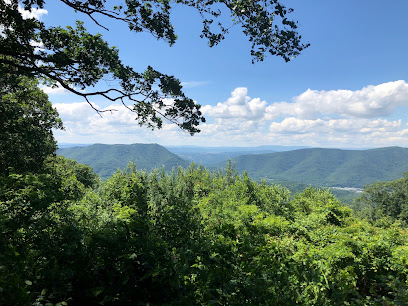
Organ Cave
Explore Organ Cave, a stunning natural attraction in West Virginia, where history meets geological wonders in a captivating underground adventure.
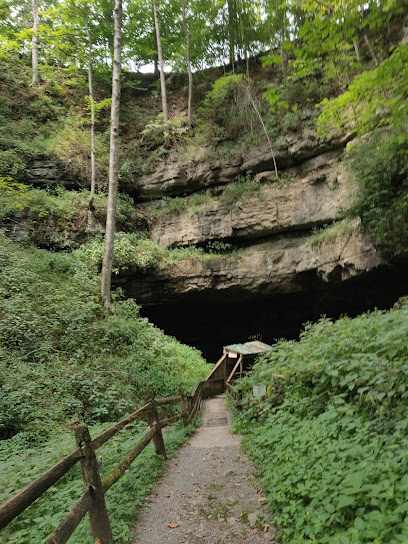
Start Of Greenbrier River Trail
Discover the breathtaking Greenbrier River Trail, a scenic park in West Virginia, perfect for hiking, biking, and reconnecting with nature.
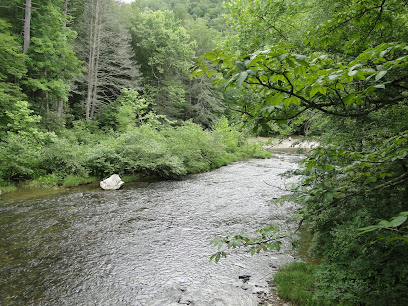
Greenbrier Bunker
Explore the Greenbrier Bunker, a fascinating Cold War relic in West Virginia, offering a unique glimpse into America's past.
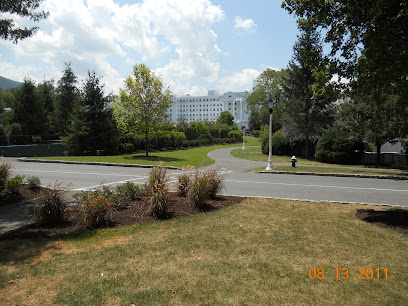
North House Museum
Explore the North House Museum in Lewisburg, WV, where history comes alive through fascinating exhibits and local heritage.
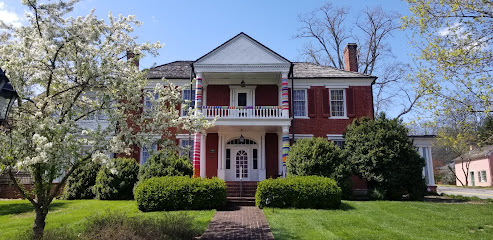
Beartown state park-Boardwalk
Explore the enchanting Beartown State Park Boardwalk, a nature lover's paradise in West Virginia with breathtaking views and unique geological wonders.
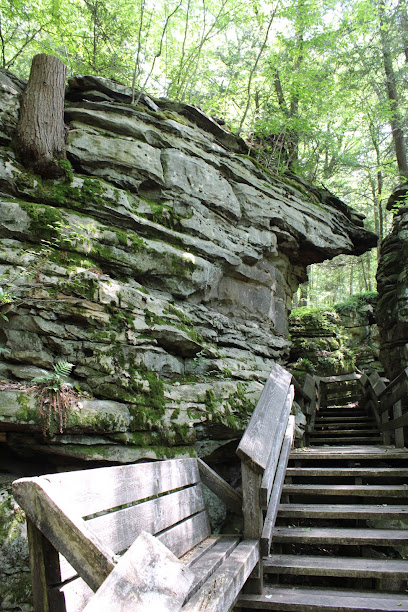
Charlie Mackey Memorial Park
Discover the tranquil beauty of Charlie Mackey Memorial Park in Maxwelton, WV, a perfect spot for relaxation, picnics, and enjoying nature's serenity.
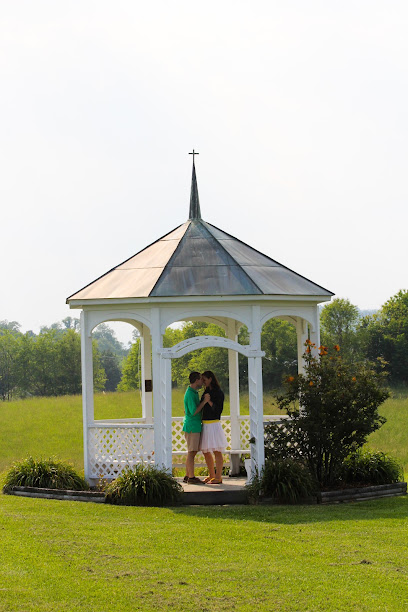
Marlinton Depot
Explore the Marlinton Depot museum in West Virginia, where history and nature intertwine to offer a unique glimpse into the past.
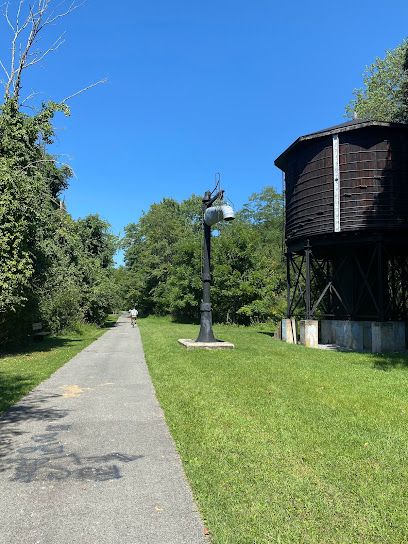
Honeycomb Rocks Trailhead
Explore the breathtaking Honeycomb Rocks Trailhead in Marlinton, WV, where stunning rock formations meet serene hiking trails amidst nature's splendor.
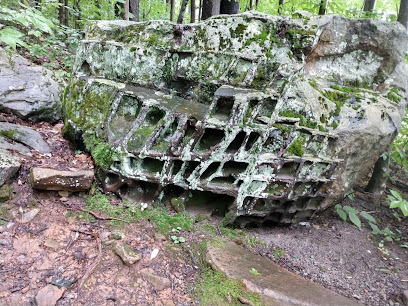
Essential places to dine
The Greenbrier
Experience the elegance and charm of The Greenbrier - where luxury meets adventure in the heart of West Virginia's picturesque landscape.

Ruby Tuesday
Discover delicious American cuisine at Ruby Tuesday in Lewisburg - where fresh ingredients meet comforting flavors in a welcoming atmosphere.
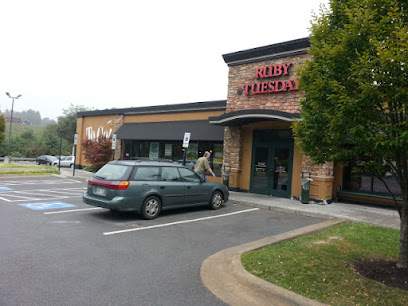
Hill & Holler
Experience delicious artisanal pizzas at Hill & Holler in Lewisburg - where local flavors meet cozy ambiance.
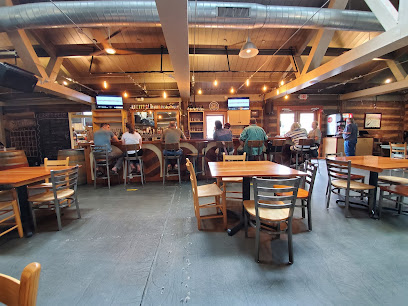
Bob Evans
Experience hearty breakfasts and comfort food at Bob Evans in Lewisburg, perfect for families and travelers seeking delicious meals.
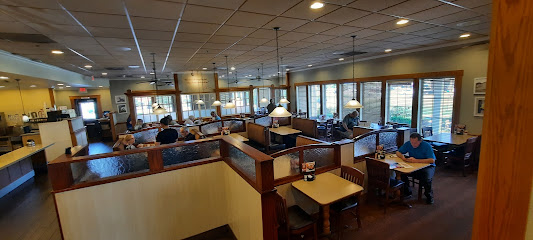
McDonald's
Experience quick bites at McDonald's in Ronceverte - where familiar flavors meet affordable prices amidst stunning West Virginia scenery.
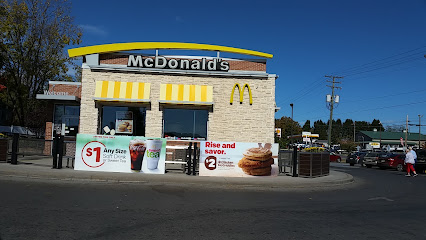
The Humble Tomato
Experience the flavors of West Virginia at The Humble Tomato – where fresh ingredients meet local charm in every bite.
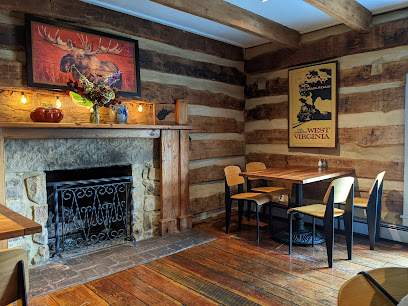
Greenbrier Grille and Lodge
Discover the perfect blend of delicious local cuisine and cozy lodge accommodations at Greenbrier Grille in Marlinton, West Virginia.
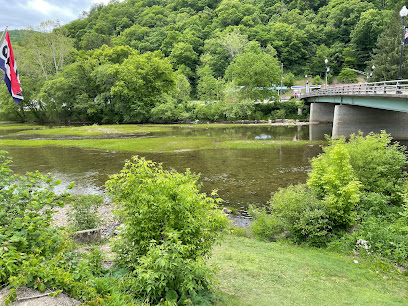
Jim's Drive In
Experience classic American cuisine at Jim's Drive In - where delicious hamburgers meet retro charm in Lewisburg.
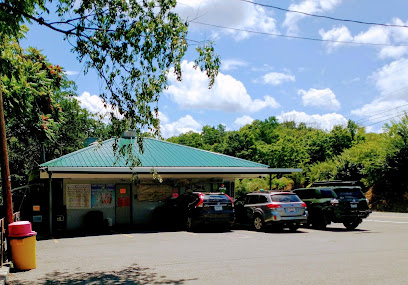
The French Goat
Discover the fusion of American warmth and French elegance at The French Goat in Lewisburg – a culinary experience not to be missed.
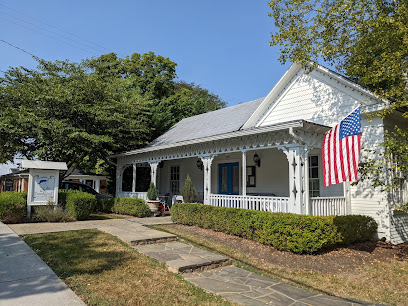
Wendy's
Experience delicious fast food favorites at Wendy's in Ronceverte – where quality meets convenience in every bite.
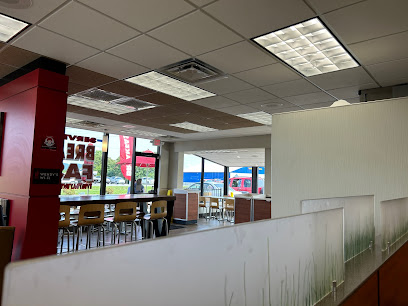
General Lewis Inn
Experience the historic charm and modern comfort at General Lewis Inn in beautiful Lewisburg, West Virginia.
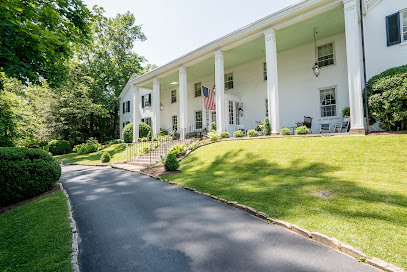
The Livery Tavern
Experience the vibrant flavors of American cuisine at The Livery Tavern in Lewisburg - where every meal tells a story.
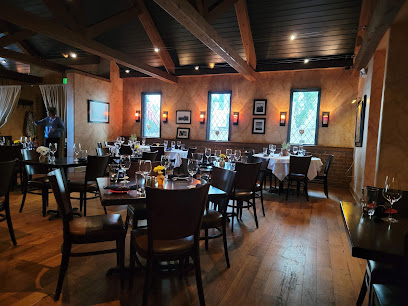
Long John Silver's
Experience delicious seafood fast food at Long John Silver's in Ronceverte - where every bite brings you closer to coastal flavors!
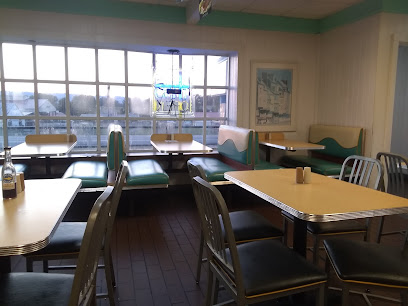
Thunderbird Tacos
Experience delicious tacos made with fresh ingredients at Thunderbird Tacos in Lewisburg, WV—a must-visit culinary gem.
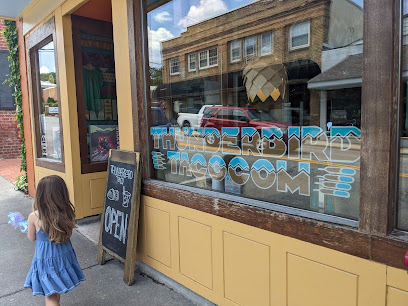
Subway
Discover fresh and customizable sandwiches at Subway in Lewisburg – your perfect pit stop during your West Virginia adventure!
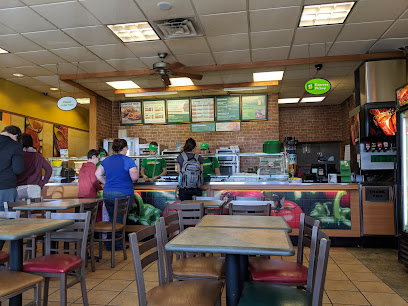
Markets, malls and hidden boutiques
Greenbrier Valley Mall
Explore the Greenbrier Valley Mall for a diverse shopping and dining experience in the heart of Lewisburg, West Virginia.
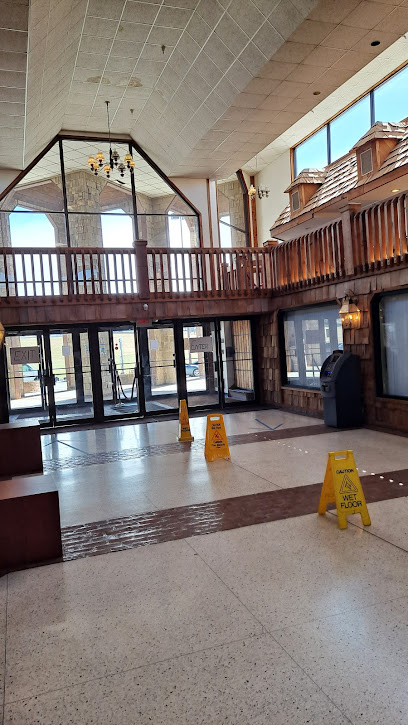
Start Of Greenbrier River Trail
Discover the Greenbrier River Trail, a scenic park in West Virginia ideal for hiking, biking, and immersing yourself in nature's beauty.
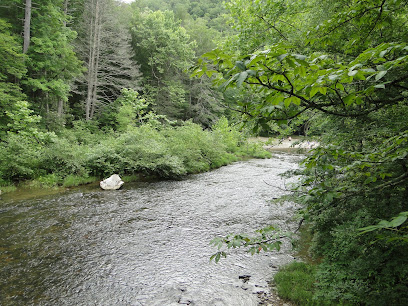
Appalachian Sport
Discover outdoor adventure at Appalachian Sport, your go-to destination for sporting goods and gear in Marlinton, West Virginia.
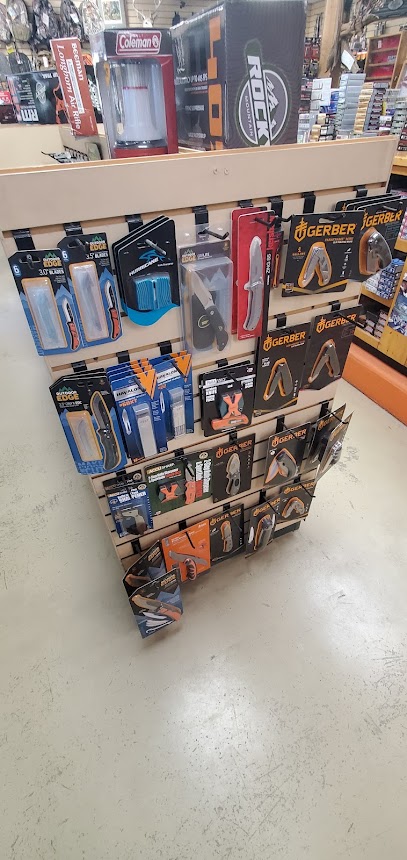
The Very Thing
Explore an eclectic collection of antiques and vintage finds at The Very Thing, a treasure trove in Lewisburg, West Virginia.
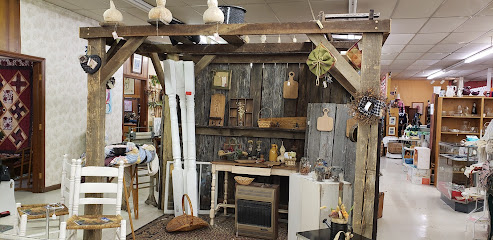
Greenbrier Valley Outdoors
Discover outdoor adventure at Greenbrier Valley Outdoors, where expert gear meets local expertise in scenic West Virginia.
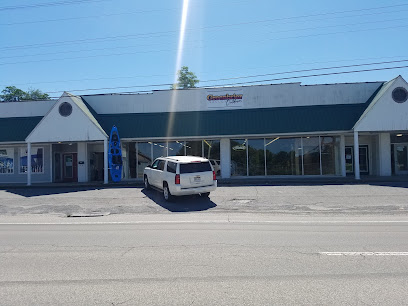
Jack Horner's Corner
Explore the charming Jack Horner's Corner in Hillsboro, WV, where local snacks and friendly service await every traveler.

Bella The Corner Gourmet, Gourmet Specialty Food and Kitchen Shop
Experience the flavors of West Virginia at Bella The Corner Gourmet, your destination for gourmet foods, kitchen supplies, and delightful gifts.
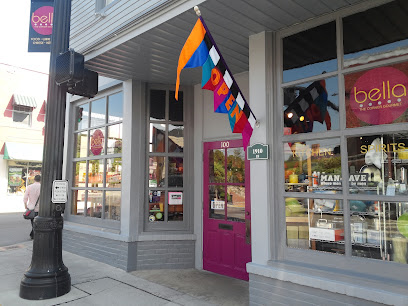
Robert's Antiques & Wine Store
Explore Robert's Antiques & Wine Store in Lewisburg for unique antiques, fine wines, and premium cigars in a charming atmosphere.
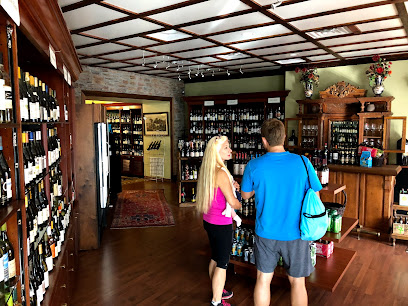
Lucy's Grocery
Discover the charm of Lucy's Grocery in Marlinton, your go-to stop for local produce, snacks, and a taste of West Virginia's community spirit.
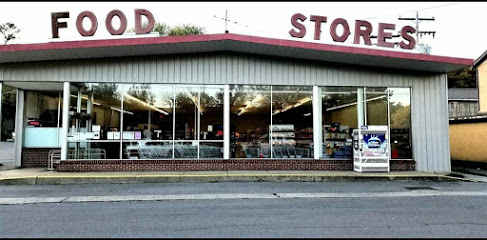
Wolf Creek
Explore the unique women's clothing offerings at Wolf Creek in Lewisburg, WV—a charming destination for fashion enthusiasts and travelers.
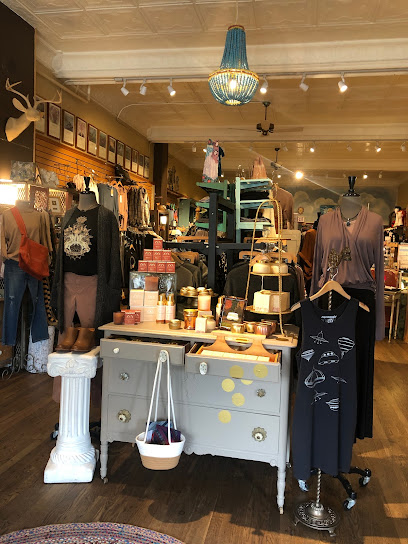
Brick House Antiques
Explore Brick House Antiques in Lewisburg, WV for a unique shopping experience filled with vintage treasures and historical artifacts.
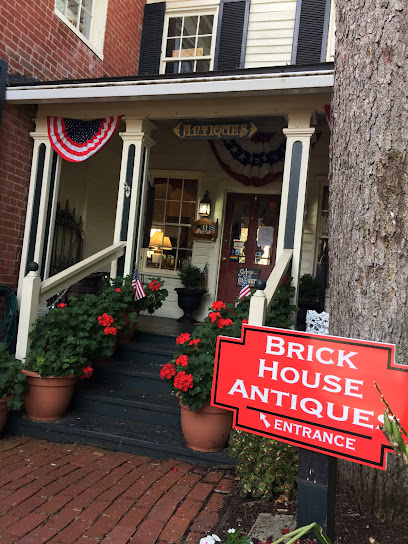
4th Ave Mason Jar Trading Post
Discover unique gifts and local craftsmanship at 4th Ave Mason Jar Trading Post in Marlinton, West Virginia, a treasure trove for every traveler.
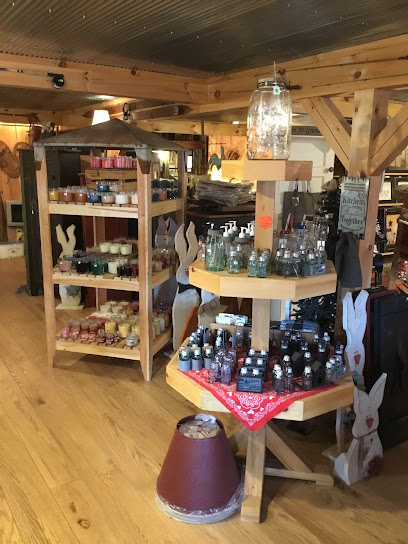
Greenbrier Christmas Shop at the Depot
Experience holiday magic at the Greenbrier Christmas Shop at the Depot, a festive destination for unique gifts and decorations in White Sulphur Springs, WV.
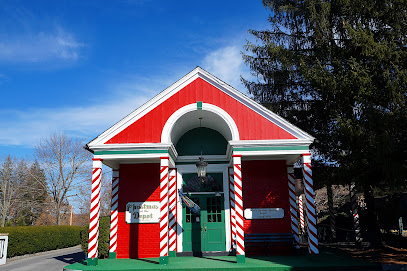
Little General
Discover Little General, your go-to convenience store in Marlinton, WV, for snacks and local specialties while exploring the scenic landscapes.
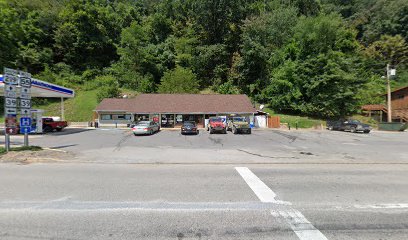
Sweet Cedar & Company
Discover Sweet Cedar & Company in Lewisburg, WV - a charming boutique offering unique gifts, candles, and beauty products with a local touch.
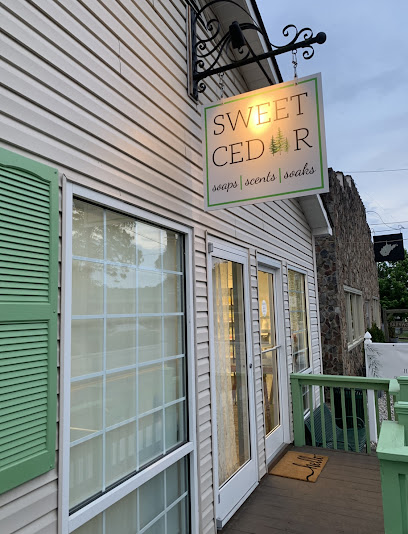
Essential bars & hidden hideouts
The Asylum
Discover The Asylum in Lewisburg: A bar and grill offering a unique dining experience with a blend of history and modern cuisine.
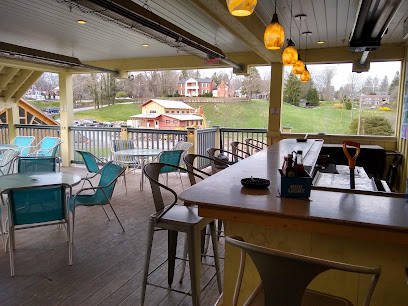
Applebee's Grill + Bar
Discover delicious American cuisine at Applebee's Grill + Bar in Lewisburg, where family-friendly dining meets vibrant flavors.
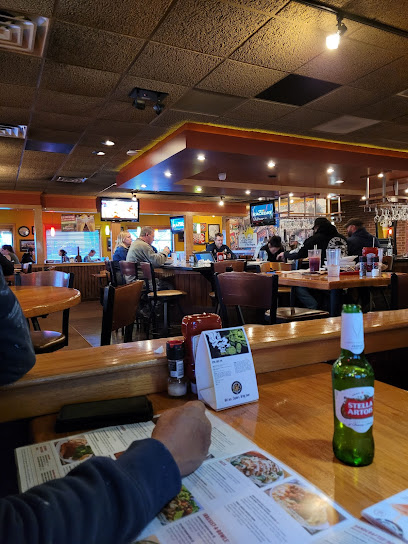
Greenbrier Grille and Lodge
Experience the perfect blend of rustic charm and culinary delights at Greenbrier Grille and Lodge in Marlinton, West Virginia.
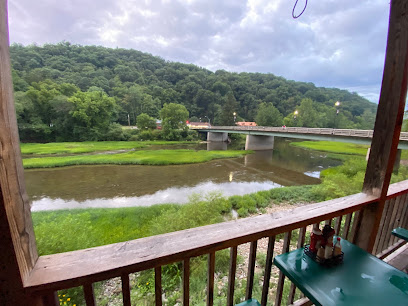
The Livery Tavern
Discover The Livery Tavern in Lewisburg, WV for an authentic American dining experience with locally sourced ingredients and a cozy atmosphere.
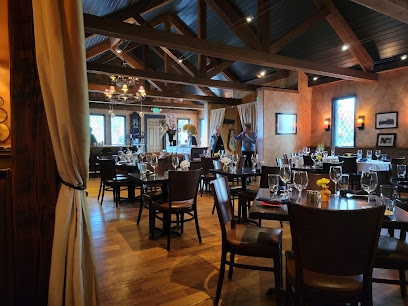
The Washington Street Pub
Experience the charm of Lewisburg at The Washington Street Pub, where friendly service meets a wide selection of beverages in a cozy atmosphere.
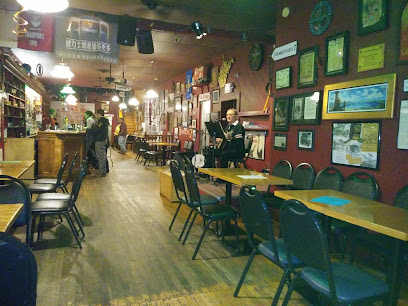
Mi Tequila Mexican Restaurant
Discover the authentic taste of Mexico at Mi Tequila Mexican Restaurant in Lewisburg, where vibrant flavors and friendly service await you.
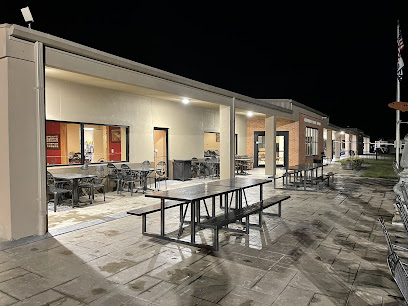
Tuque's Bar and Grill
Discover the essence of American cuisine at Tuque's Bar and Grill in Snowshoe, WV - a perfect stop for comfort food and vibrant ambiance.
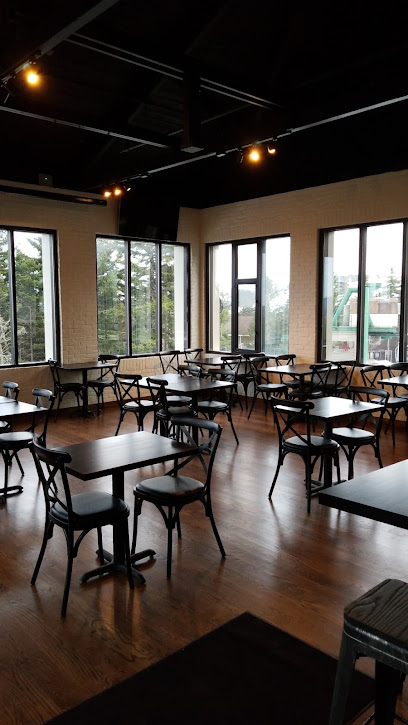
Briergarten
Discover the enchanting Briergarten in Lewisburg, a unique beer garden offering local brews and a serene atmosphere for relaxation.
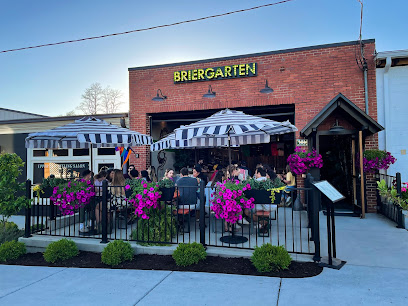
Prime 44 West
Savor the finest steaks and culinary delights at Prime 44 West, a premier dining destination in White Sulphur Springs, West Virginia.
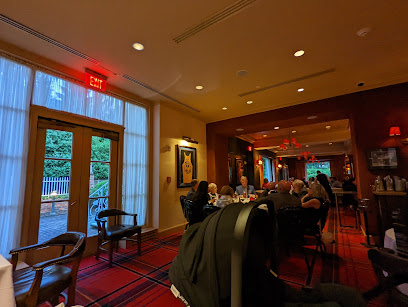
Locust Hill Inn, Cabin and Pub
Experience the rustic charm of Locust Hill Inn, Cabin and Pub - a hidden gem in the heart of West Virginia's scenic countryside.
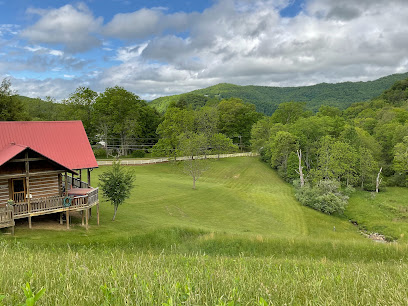
Route 60 American Grill & Bar
Experience the flavors of classic American cuisine at Route 60 American Grill & Bar, a vibrant dining destination in White Sulphur Springs, West Virginia.
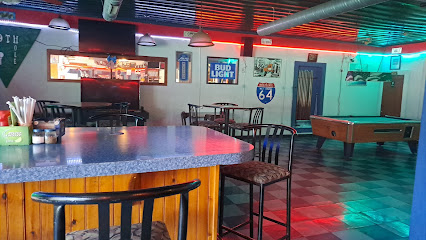
Old Mountain Tavern
Discover Old Mountain Tavern in Marlinton, a cozy bar offering a delightful atmosphere, local craft beverages, and a taste of West Virginia's vibrant culture.
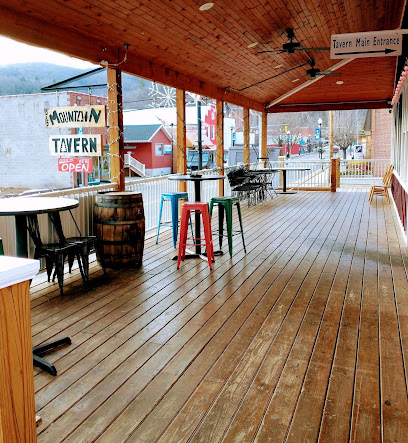
Greenbrier Valley Brewing Company
Discover the heart of West Virginia's craft beer culture at Greenbrier Valley Brewing Company, where local ingredients meet scenic beauty.
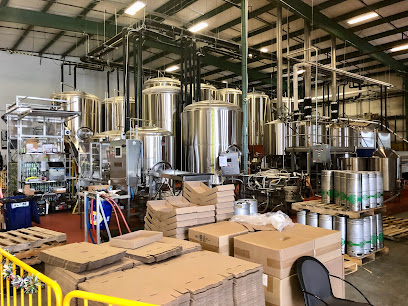
Sweet Shoppe
Explore Sweet Shoppe in Lewisburg, WV – a delightful pub offering gourmet sweets and a cozy atmosphere perfect for tourists.
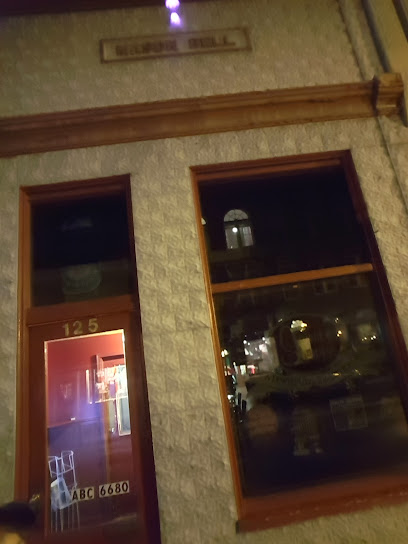
The Brier Patch Bar
Experience the vibrant local culture at The Brier Patch Bar in Lewisburg, where great drinks, delicious food, and good times await.
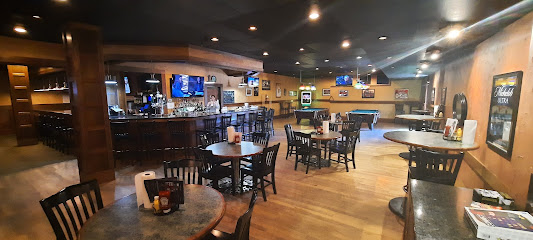
Local Phrases about Greenbrier River Trail
-
- HelloHowdy
[haw-dee] - GoodbyeSo long
[soh long] - YesYessir
[yess-ir] - NoNah
[nah] - Please/You're welcomePlease/No problem
[pleez/no prob-lem] - Thank youThank ya
[thank yah] - Excuse me/SorryPardon me/My bad
[par-dun me/my bad] - How are you?How y'all doin'?
[how y'all doin'] - Fine. And you?Fine. And you?
[fine. and you?] - Do you speak English?Ya speak English?
[ya speak english?] - I don't understandI ain't getting ya
[I ain't get-tin' yah]
- HelloHowdy
-
- I'd like to see the menu, pleaseI'd like to see the menu, please
[I'd like to see the menu, please] - I don't eat meatI don't eat meat
[I don't eat meat] - Cheers!Cheers!
[Cheers!] - I would like to pay, pleaseI would like to pay, please
[I would like to pay, please]
- I'd like to see the menu, pleaseI'd like to see the menu, please
-
- Help!Help!
[Help!] - Go away!Git!
[Git!] - Call the Police!Call the Law!
[Call the Law!] - Call a doctor!Call a sawbones!
[Call a sawbones!] - I'm lostI'm turned around
[I'm turned around] - I'm illI'm feelin' poorly
[I'm feelin' poorly]
- Help!Help!
-
- I'd like to buy...I'm fixin' to buy...
[I'm fixin' to buy...] - I'm just lookingI'm just lookin'
[I'm just lookin'] - How much is it?How much fer it?
[How much fer it?] - That's too expensiveThat's too dear
[That's too dear] - Can you lower the price?Can ya do it cheaper?
[Can ya do it cheaper?]
- I'd like to buy...I'm fixin' to buy...
-
- What time is it?What o'clock is it?
[What o'clock is it?] - It's one o'clockIt's one o'clock
[It's one o'clock] - Half past (10)Half past (10)
[Half past (10)] - MorningMornin'
[Mornin'] - AfternoonAfternoon
[Afternoon] - EveningEvenin'
[Evenin'] - YesterdayYest'day
[Yest'day] - TodayToday
[Today] - TomorrowTomorra
[Tomorra] - 1One
[One] - 2Two
[Two] - 3Three
[Three] - 4Four
[Four] - 5Five
[Five] - 6Six
[Six] - 7Seven
[Seven] - 8Eight
[Eight] - 9Nine
[Nine] - 10Ten
[Ten]
- What time is it?What o'clock is it?
-
- Where's a/the...?Where's a/the...?
[Where's a/the...?] - What's the address?What's the address?
[What's the address?] - Can you show me (on the map)?Can you show me (on the map)?
[Can you show me (on the map)?] - When's the next (bus)?When's the next (bus)?
[When's the next (bus)?] - A ticket (to ....)A ticket (to ....)
[A ticket (to ....)]
- Where's a/the...?Where's a/the...?
History of Greenbrier River Trail
-
The Greenbrier River Trail began its life as a railroad corridor, constructed in the early 1900s by the Chesapeake and Ohio Railway. This rail line was crucial for transporting timber and coal from the rugged Appalachian Mountains to larger markets. Over the years, the railroad served as a vital economic artery for the communities along the Greenbrier River, facilitating commerce and communication in an otherwise remote region.
-
By the mid-20th century, the importance of the railroad began to wane due to the rise of highway transportation and the decline in coal production. The Chesapeake and Ohio Railway ultimately abandoned the line in the 1970s, leaving behind a stretch of unused railway. In 1980, recognizing the potential for recreational use, the state of West Virginia acquired the corridor and transformed it into a rail-trail for bikers, hikers, and equestrians, officially opening the Greenbrier River Trail in 1985.
-
The creation of the Greenbrier River Trail was largely facilitated by the Pocahontas Land Corporation, which donated significant portions of the abandoned rail corridor to the state. This act of philanthropy was instrumental in the establishment of one of West Virginia's most cherished recreational trails, preserving the natural beauty of the Greenbrier River Valley for future generations.
-
The Greenbrier River Trail features numerous engineering marvels from its days as a railway, including 35 bridges and two tunnels. The Droop Mountain Tunnel, stretching 511 feet, is a notable landmark, exemplifying early 20th-century engineering prowess. These structures not only add to the trail's scenic allure but also serve as historical artifacts, reminding visitors of the trail's industrial past.
-
Before the arrival of European settlers and the advent of the railroad, the Greenbrier River Valley was home to various Indigenous tribes, including the Shawnee. The river and its surrounding lands were rich in resources and held significant cultural importance. Artifacts and remnants of these early inhabitants can still be found along the trail, offering a glimpse into the region's ancient history.
-
The Greenbrier River Valley played a strategic role during the American Civil War. Both Union and Confederate forces recognized the importance of the region's transportation routes and natural resources. Skirmishes and troop movements occurred around the area, leaving behind a legacy of battle sites and historical markers that can be explored along the trail.
-
Today, the Greenbrier River Trail is not only a hub for outdoor recreation but also a venue for various cultural festivals and events. The annual Great Greenbrier River Race, for example, attracts participants from across the country, celebrating the community spirit and natural beauty of the region. These events highlight the trail's role in fostering local culture and heritage.
Greenbrier River Trail Essentials
-
Greenbrier River Trail is located in the eastern part of West Virginia, United States. The nearest major city is Lewisburg, which has a regional airport, Greenbrier Valley Airport (LWB). For international travelers, the closest major airports are Roanoke-Blacksburg Regional Airport (ROA) in Roanoke, Virginia, and Yeager Airport (CRW) in Charleston, West Virginia. From these airports, you can rent a car and drive to the trail. The drive from Roanoke takes approximately 2 hours, while the drive from Charleston takes about 2.5 hours.
-
The best way to explore the Greenbrier River Trail and its surrounding areas is by car. Car rentals are available at nearby airports and in larger towns such as Lewisburg. The trail itself is ideal for cycling, walking, and horseback riding. There are several outfitters along the trail where you can rent bicycles and other equipment. Public transportation options are limited in this rural area, so having your own vehicle is highly recommended.
-
The official currency in the United States is the US Dollar (USD). Credit and debit cards are widely accepted in most establishments, including hotels, restaurants, and shops along the Greenbrier River Trail. However, it is advisable to carry some cash, especially in smaller towns and for transactions at local vendors and markets. ATMs are available in larger towns like Lewisburg and Marlinton.
-
The Greenbrier River Trail is generally a safe destination for tourists. However, it is always important to take standard safety precautions. Keep an eye on your belongings, especially in crowded areas, and avoid walking alone at night. There are no specific high-crime areas targeting tourists, but it is always best to stay vigilant and aware of your surroundings. Additionally, be mindful of wildlife and ensure you follow trail safety guidelines.
-
In case of emergency, dial 911 for immediate assistance. There are medical facilities in nearby towns such as Lewisburg and Marlinton. It is recommended to have travel insurance that covers medical emergencies. For minor health issues, there are pharmacies in these towns where you can purchase over-the-counter medications. Additionally, inform someone of your planned route and expected return time when venturing into more remote areas of the trail.
-
Fashion: Do wear comfortable, weather-appropriate clothing and sturdy footwear for hiking or biking. Layering is recommended due to variable weather conditions. Avoid wearing overly revealing clothing. Religion: There are no specific religious customs to be aware of along the trail, but always show respect at any historical or cultural sites. Public Transport: Public transport is limited, so plan to use a car or bicycle for most of your travel. Greetings: A friendly greeting such as 'hello' or a nod is common. Locals are generally welcoming and helpful. Eating & Drinking: Do try local eateries and sample regional cuisine. Don’t litter; always carry your trash and dispose of it properly.
-
To experience the Greenbrier River Trail like a local, consider staying in a bed and breakfast or a local inn. Engage with locals at farmers' markets and small-town shops. Participate in local events and festivals, which are often listed in community calendars. Don’t miss the opportunity to paddle the Greenbrier River in a kayak or canoe, as it offers a unique perspective of the scenic surroundings. For a special treat, visit the Jefferson National Forest, which offers additional trails and natural beauty.
Nearby Cities to Greenbrier River Trail
-
Things To Do in Blacksburg
-
Things To Do in Beckley
-
Things To Do in Roanoke
-
Things To Do in Bluefield
-
Things To Do in Staunton
-
Things To Do in Lynchburg
-
Things To Do in Elkins
-
Things To Do in Charleston
-
Things To Do in Harrisonburg
-
Things To Do in Clarksburg
-
Things To Do in Charlottesville
-
Things To Do in Fairmont
-
Things To Do in Parkersburg
-
Things To Do in Marietta
-
Things To Do in Morgantown













